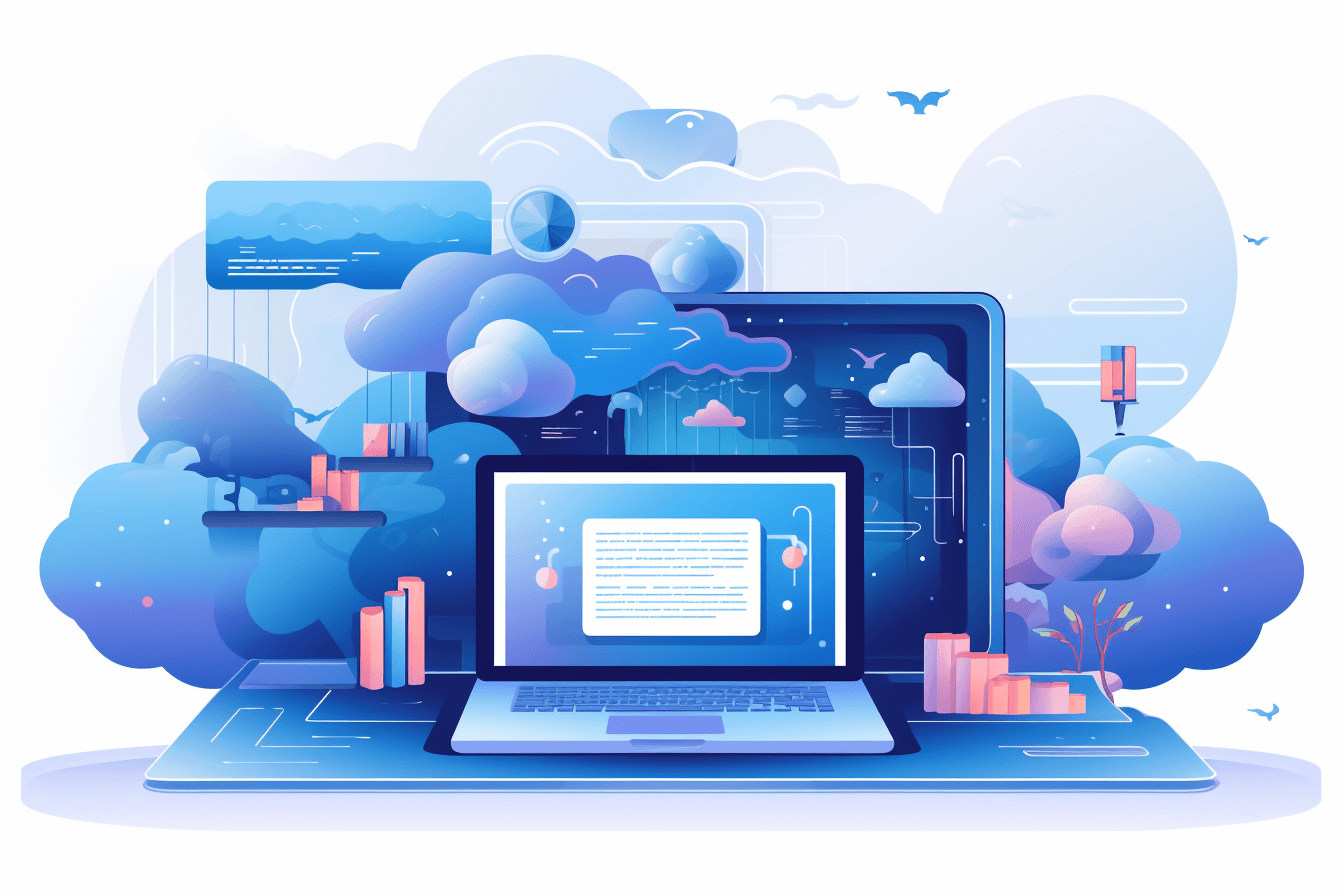
With ever decreasing attention span of audience it is necessary for eLearning providers to focus on content that is truly consumable. One of the main reasons for an abysmal course completion rate is the lack of adaptive courses. Every student is different, each one has its own pace of learning so why serve same content to them. Lets see why adaptive learning today is a necessity.
In the fast-paced digital era, education has seen a significant transformation with the advent of online learning platforms. While the convenience of online education is undeniable, the effectiveness of traditional one-size-fits-all approaches is often questioned. This is where adaptive learning comes into play, providing a tailored and personalized learning experience for students. In this article, we explore why adaptive learning is a crucial component of online education.
1. Personalized Learning Enhances Engagement
Adaptive learning systems use data-driven insights to cater to the individual needs of each student. They analyze a student’s learning behavior, strengths, weaknesses, and preferences to create a customized learning path. For instance, Khan Academy, a popular online learning platform, uses adaptive learning to adjust the difficulty level of math problems based on a student’s performance. This ensures that learners are neither overwhelmed with content that is too advanced nor bored with material that is too basic. As a result, students are more engaged, as they are constantly challenged at the right level, leading to improved motivation and persistence in their learning journey.
Moreover, personalized learning enhances students’ self-efficacy, as they see tangible progress and success. It builds confidence and fosters a positive attitude towards learning. Duolingo, a language learning platform, is a prime example of this. Duolingo’s adaptive system continually adjusts the difficulty of language exercises based on the learner’s proficiency. This keeps users engaged and motivated to consistently practice their language skills, making it one of the most popular language learning apps worldwide. By catering to individual needs and progress, adaptive learning platforms like Duolingo foster a deeper connection between students and the educational content.
2. Improved Learning Outcomes
Adaptive learning is a proven method for enhancing learning outcomes. By providing tailored content and assessments, it maximizes the efficiency of the learning process. As students receive targeted resources, they spend less time on material they have already mastered and more time on areas where they need improvement. For example, McGraw-Hill Education, a leading educational publisher, uses adaptive learning technology in its Connect platform. It offers dynamic quizzes and assignments that adapt to students’ performance, helping them focus on areas where they need the most practice. The result is better retention and understanding of the subject matter.
Furthermore, the data generated by adaptive learning systems allow educators to track students’ progress and identify areas where they need additional support. This can be particularly valuable in identifying struggling students early and providing timely interventions. For example, DreamBox, an adaptive math program for K-8 students, offers detailed reports to teachers and parents, showing individual student progress. This helps in shaping the teaching approach and addressing specific learning needs. As a result, students are more likely to reach their full potential and achieve better educational outcomes.
In conclusion, adaptive learning is a necessary element in online education due to its ability to enhance engagement, tailor learning experiences, and improve learning outcomes. Platforms like Khan Academy, Duolingo, McGraw-Hill Connect, and DreamBox demonstrate the versatility and effectiveness of adaptive learning in catering to individual student needs. As the education landscape continues to evolve, adaptive learning will play an essential role in providing a personalized and effective learning experience for students of all ages and backgrounds.
